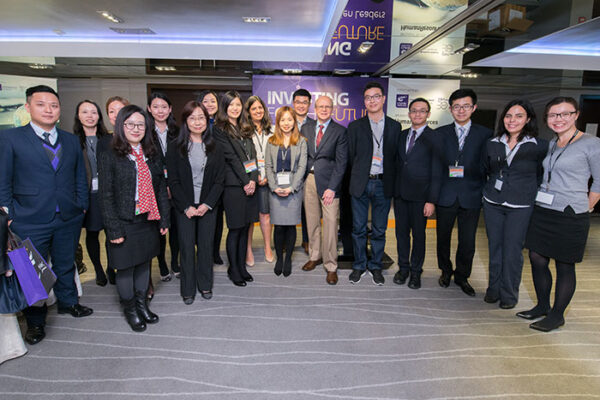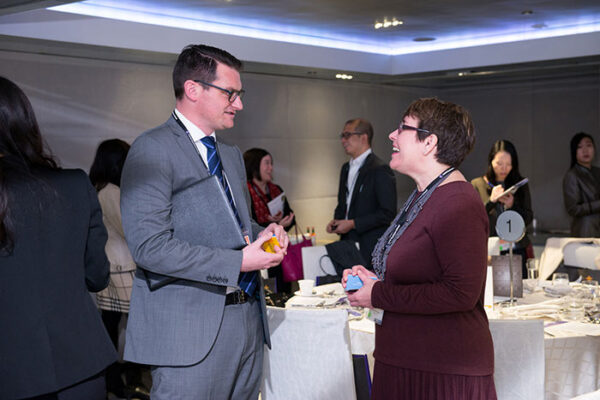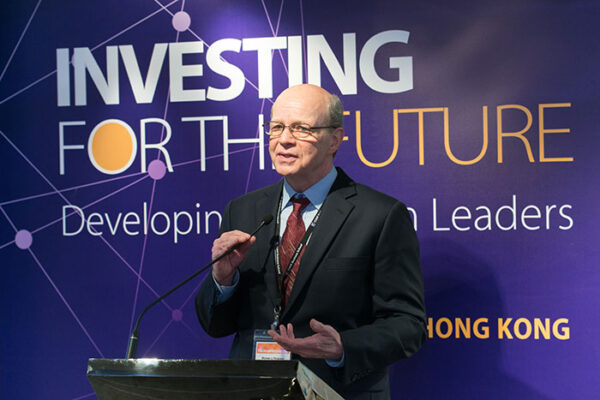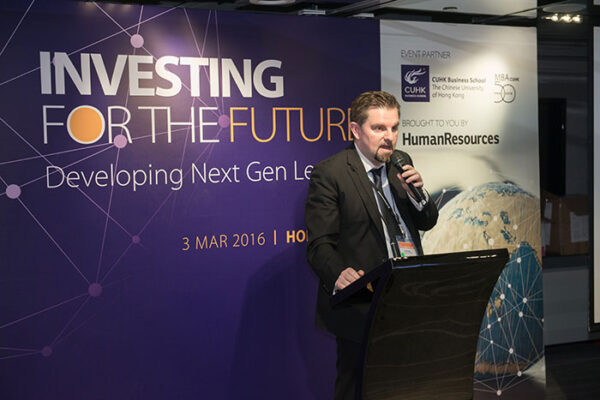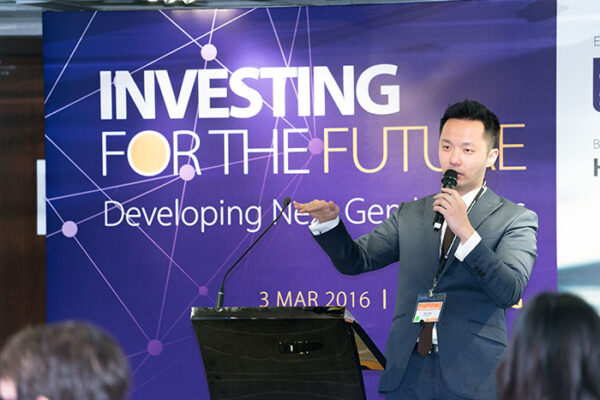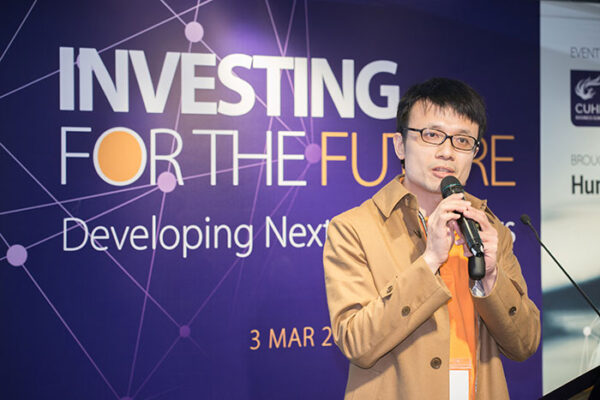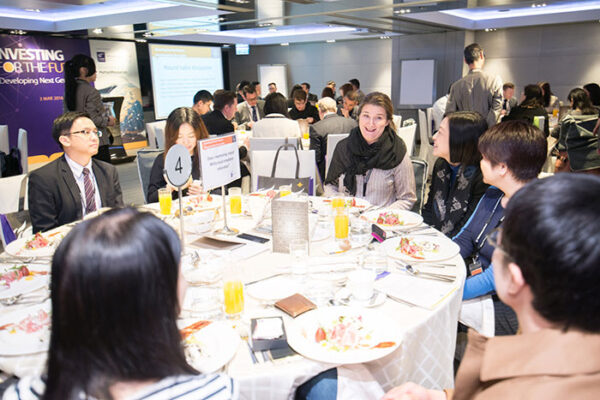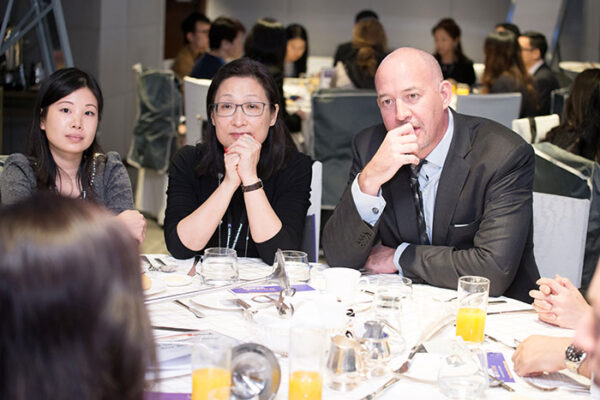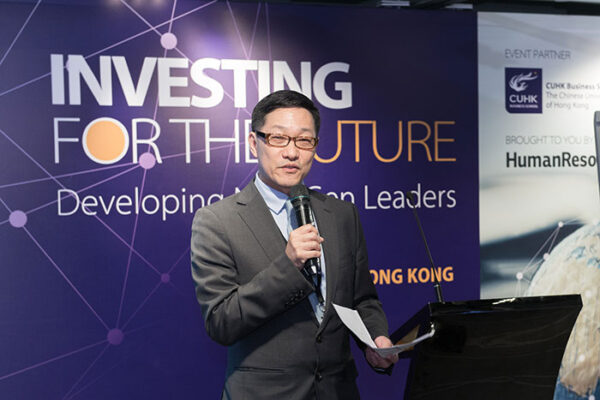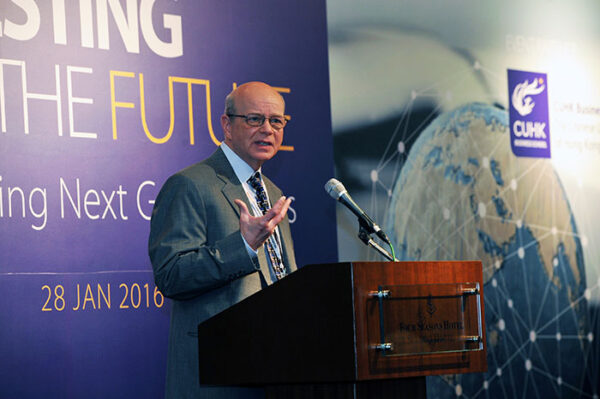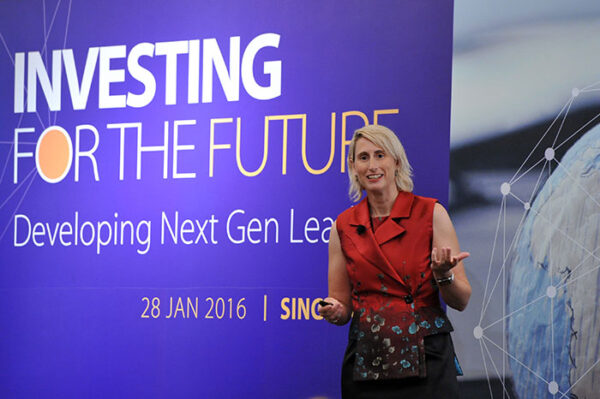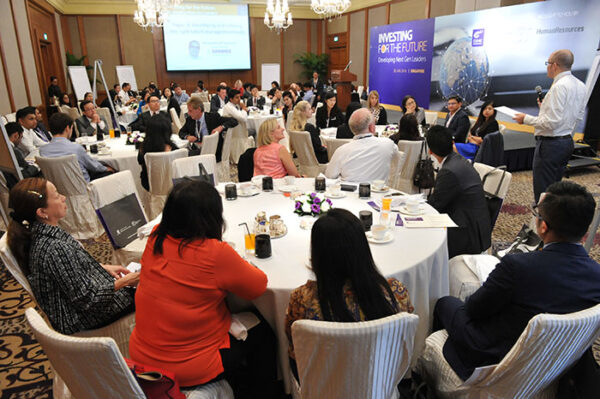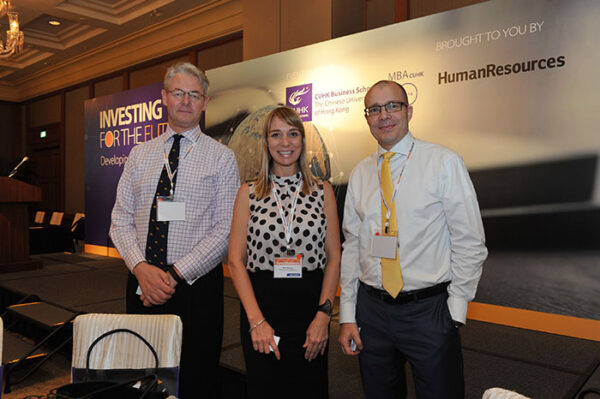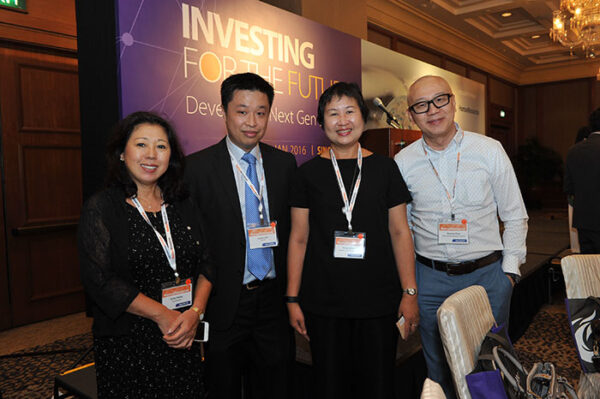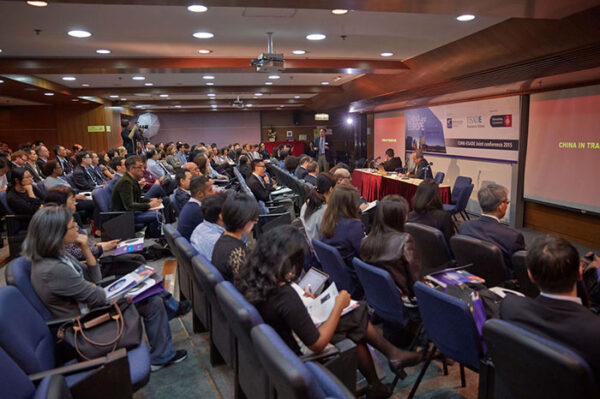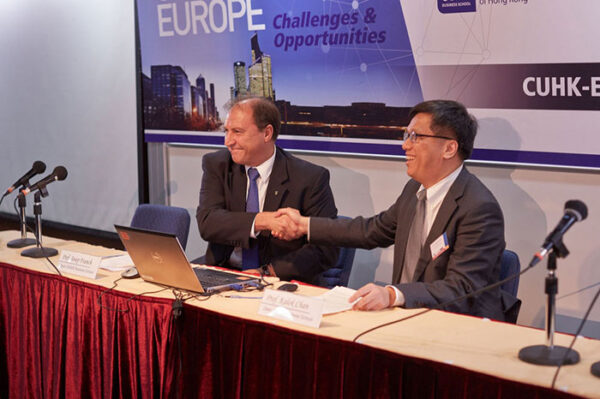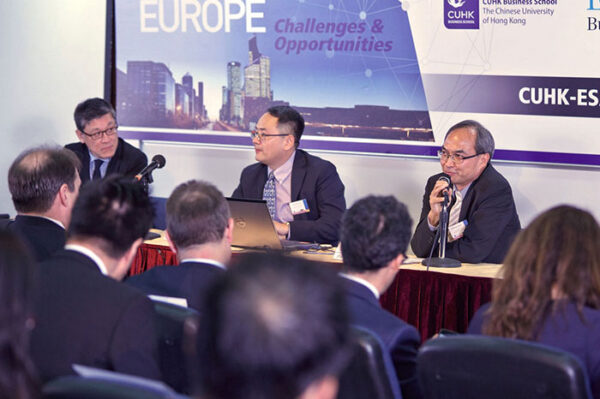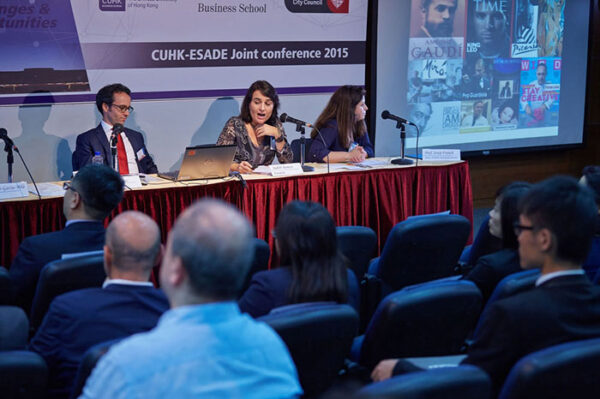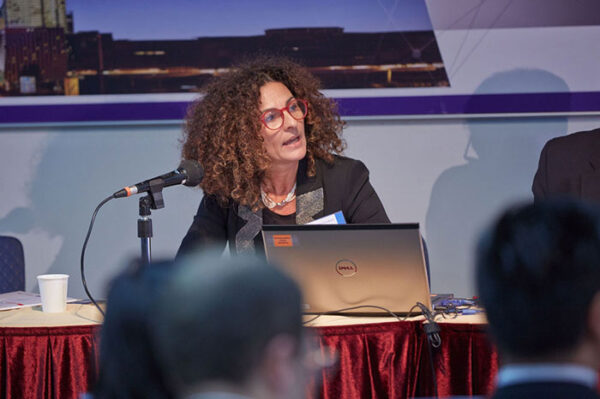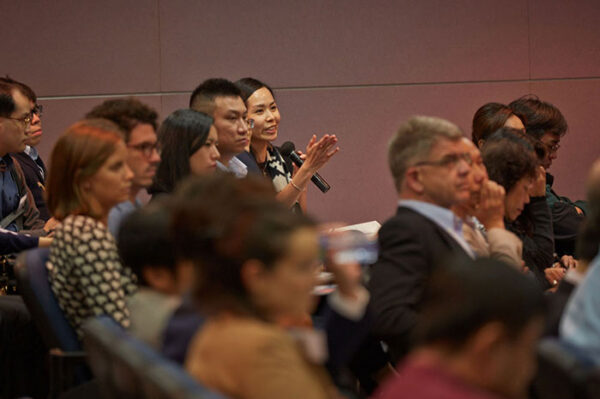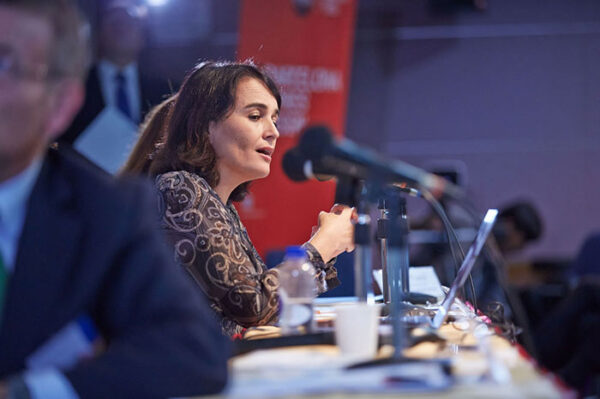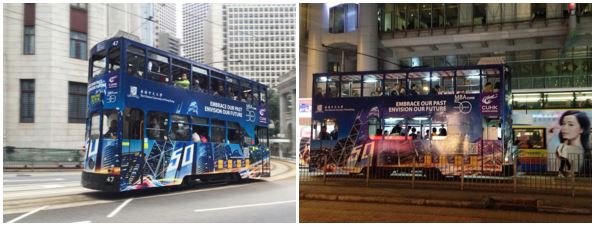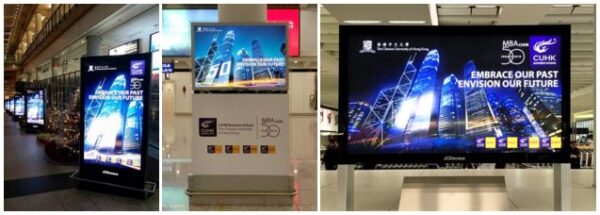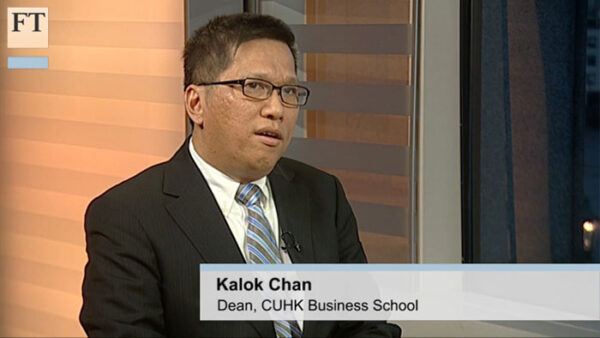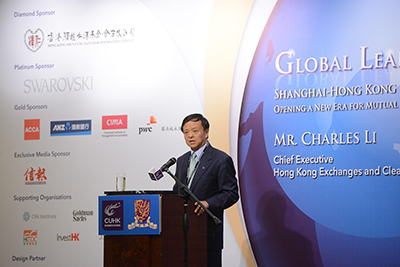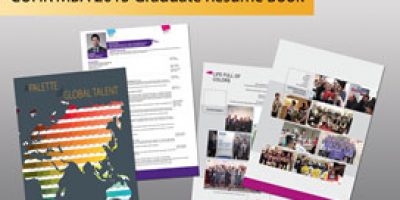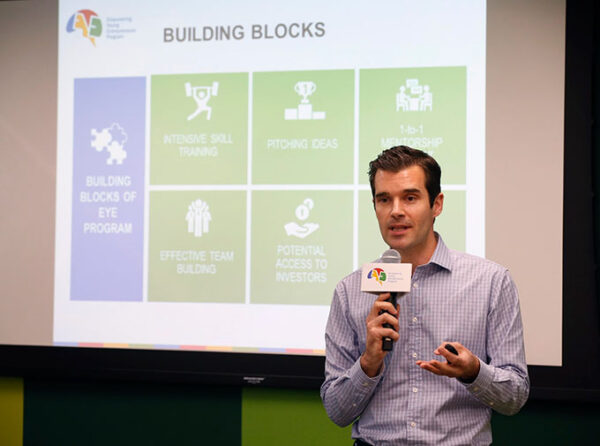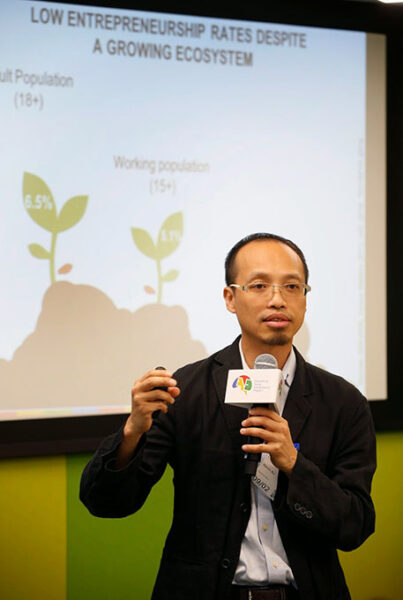To many, ‘student entrepreneurship’ conjures up an image of a bunch of 20-year-old students staying up late in a dorm room testing out their makeshift products──just as how the legendary Steve Jobs,Bill Gates, Larry Page, Sergey Brin, Mark Zuckerberg and the like came up with world-shaking ideas when they were students. However, at CUHK, student entrepreneurship may take different forms.
Prof. Fanny M.C. Cheung, Pro-Vice-Chancellor (Research) at CUHK, knows it well. She has been working at CUHK, a public institution richly steeped in Chinese heritage, for more than 30 years. Her colleagues would brand her an ‘entrepreneur’ because of the many research centres, programmes, non-profit associations and public bodies that she has founded inside and outside campus. ‘You don’t need to start your own business to become an entrepreneur’, she explained. ‘Entrepreneurship is about creativity and flexibility; it’s about seizing an opportunity with whatever little resource you have to create a new entity with an impact. Entrepreneurship is not tied to the setting of a workplace; it is related to the mindset and attitude of the workers.’
So when Prof. Joseph J.Y. Sung, Vice-Chancellor of CUHK, suggested to set up a startup incubator on campus, Professor Cheung studied how other world-class universities support student entrepreneurship before she started discussing with the stakeholders. Professor Cheung recalled, ‘We arrived at the idea of a Pre-incubation Centre (Pi Centre) for our students to acquire entrepreneurial thinking and how to become entrepreneurs.’
The concept of an incubator for student entrepreneurship did not just come out of the blue. ‘CUHK has been hosting and participating in a number of local and international student innovation and entrepreneurship events every year,’ explained Prof. Wong Kam-fai, chairman of the Committee of Advancement of Student Entrepreneurship and Innovation. ‘Many of these events are in the form of competitions held in Hong Kong, the mainland and the US. We have felt a rapid growth in student innovation and believed that it was the right time to have a dedicated space for students to turn their creativity into ventures on an ongoing basis.’
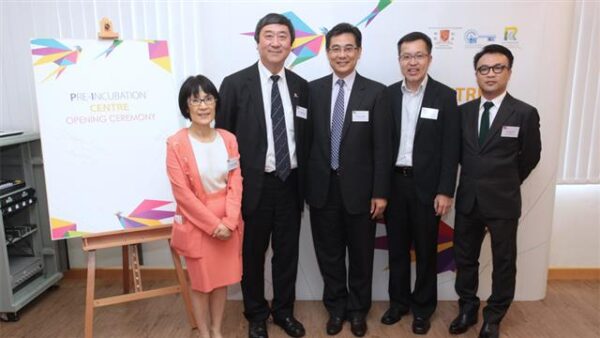
From left: Prof. Fanny M.C. Cheung, Pro-Vice-Chancellor; Prof. Joseph J.Y. Sung, Vice-Chancellor; Mr. Allen Yeung, vice president, Hong Kong Science and Technology Parks; Mr. Mingles Tsoi, project director, Centre for Entrepreneurship, CUHK; and Mr. Kelvin Wu, principal partner, AID Partners Capital Limited; hosting the opening ceremony of the CUHK Pre-incubation Centre
The establishment of the Pi Centre was finally decided in late 2013 and it has been in operation since February 2014. The first call for application attracted 22 teams of students, among which nine teams were selected by a panel of external industry advisers. The second call for application in September 2014 attracted 20 teams, and seven teams were selected. The admitted teams are provided with a stimulating and a well-equipped workspace in the Lady Ho Tung Hall supported by a full-time staff member, and mentored by an experienced consultant. To date, a few teams from the first call for application have developed well enough to exit the Pi Centre, and one of them is ready to move to the Hong Kong Science and Technology Parks to start a business.
The Pi Centre is operated by the Centre for Entrepreneurship under the directorship of Prof. Kevin Au. ‘For many years, we had developed many programmes and facilitated many activities for students, professors, and alumni to meet with experienced entrepreneurs and investors in Hong Kong,’ Professor Au said. ‘What had been missing was a dedicated place where people could meet for regular events or just stopped by to check things out. Now, with the Pi Centre, we finally have a place where participants can shape a culture──a culture of sharing, openness, and mutual benefits. We want participants to feel that the Pi Centre is inspiring, resourceful, and full of smart and friendly people, and they will look forward to coming back again and again.’ The Pi Centre holds workshops and events regularly, sometimes in the evening, to make it easier for even entrepreneurs and speakers from outside CUHK to participate and share their experience.
Student entrepreneurship at CUHK reached another milestone last month when a new fund known as the ‘Technology Start-up Support Scheme for Universities’ (TSSSU) was made available to CUHK students and professors to start their own companies. This HK$4 million annual fund, provided by the Innovation and Technology Commission (ITC) of the HKSAR Government, is administered by CUHK’s Office of Research and Knowledge Transfer Services (ORKTS). Each company selected by a CUHK advisory panel can receive a subsidy of up to HK$500,000 per year for up to three years. Dr.Tony Tsoi, associate director of ORKTS, highlighted the significance of this new fund, ‘Startup companies with great product ideas often fail prematurely before they attract funding from investors. With this new fund from ITC, these companies can hold on long enough to prove to investors the feasibility and market demand for their products.’
The success rate of startups is low, and most successful entrepreneurs hone their skills and knowledge by learning from failures. While student entrepreneurship is given a tangible push with the establishment of the Pi Centre and the TSSSU fund, what is really important to CUHK is the entrepreneurial experience that students can gain when developing their ideas into ventures. It is the experience of going through many ups and downs that students learn about handling failure, perseverance, conflict resolution and, most importantly, themselves.
CUHK Newsletter, no. 447 [19 November 2014]
